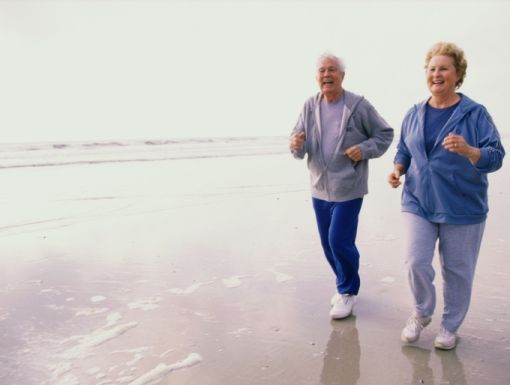
Five Questions to Test Your Heart Knowledge
How Well Do You Know Your Heart?
It beats 100,000 times a day, pumping oxygen-rich blood throughout your body to keep you alive. The least you could do in return is to learn about your heart and how you can better care for it.
Answer these five questions below to find out how much you know about your heart.
1. Question: True or False: You’re at higher risk for heart attack if you own a TV and a car.
- Answer: True. A study in the European Heart Journal found that people who owned both a car and a TV had a 27 percent higher risk for heart attack, compared with people who owned neither. The car and TV aren’t directly to blame, of course. But they contribute to a sedentary lifestyle, a major risk factor for heart disease.
2. Question: What percentage of Americans have a major risk factor for heart disease?
- A. 18 percent
- B. 25 percent
- C. 36 percent
- D. 47 percent
- Answer: D. Nearly half of Americans have at least one of the three main risk factors: high blood pressure, high cholesterol and smoking. Other factors contributing to heart disease risk include being overweight or inactive, your family history, having diabetes and following a poor diet.
3. True or false: All fatty foods are bad for the heart.
- Answer: False. While saturated fats found in foods like meats and cheeses can raise “bad” cholesterol levels in the blood, polyunsaturated fats — found in some types of fish, nuts and vegetable oils — can help lower them.
4. Question: What is a normal resting heartbeat?
- A. 60 beats per minute
- B. 75 beats per minute
- C. 100 beats per minute
- D. Any of the above
- Answer: D. While the definition of “normal” is unique to each of us, it’s important to know this typical range. A faster-than-normal heartbeat, tachycardia, or a below-normal heartbeat, bradycardia, can be signs of a heart condition in some people (but harmless in others).
5. Question: How much salt should a person consume in a day?
- A. ½ teaspoon
- B. Between ½ and ¾ teaspoon
- C. 1 teaspoon
- D. Between 1 and 2 teaspoons
- Answer: B. The American Heart Association recommends eating no more than 1,500 mg of sodium daily — less than half the amount Americans typically consume. Excess sodium in the bloodstream raises blood pressure, a major risk factor for heart disease and stroke. Watch out for sneaky sources of salt, like bread, deli meat and pizza.
Taking a few straightforward steps can drastically improve your heart health, but we know not all heart matters are so simple. Have more questions? Contact Ochsner today to schedule an appointment with one of our expert cardiologists: 866-624-7637.


